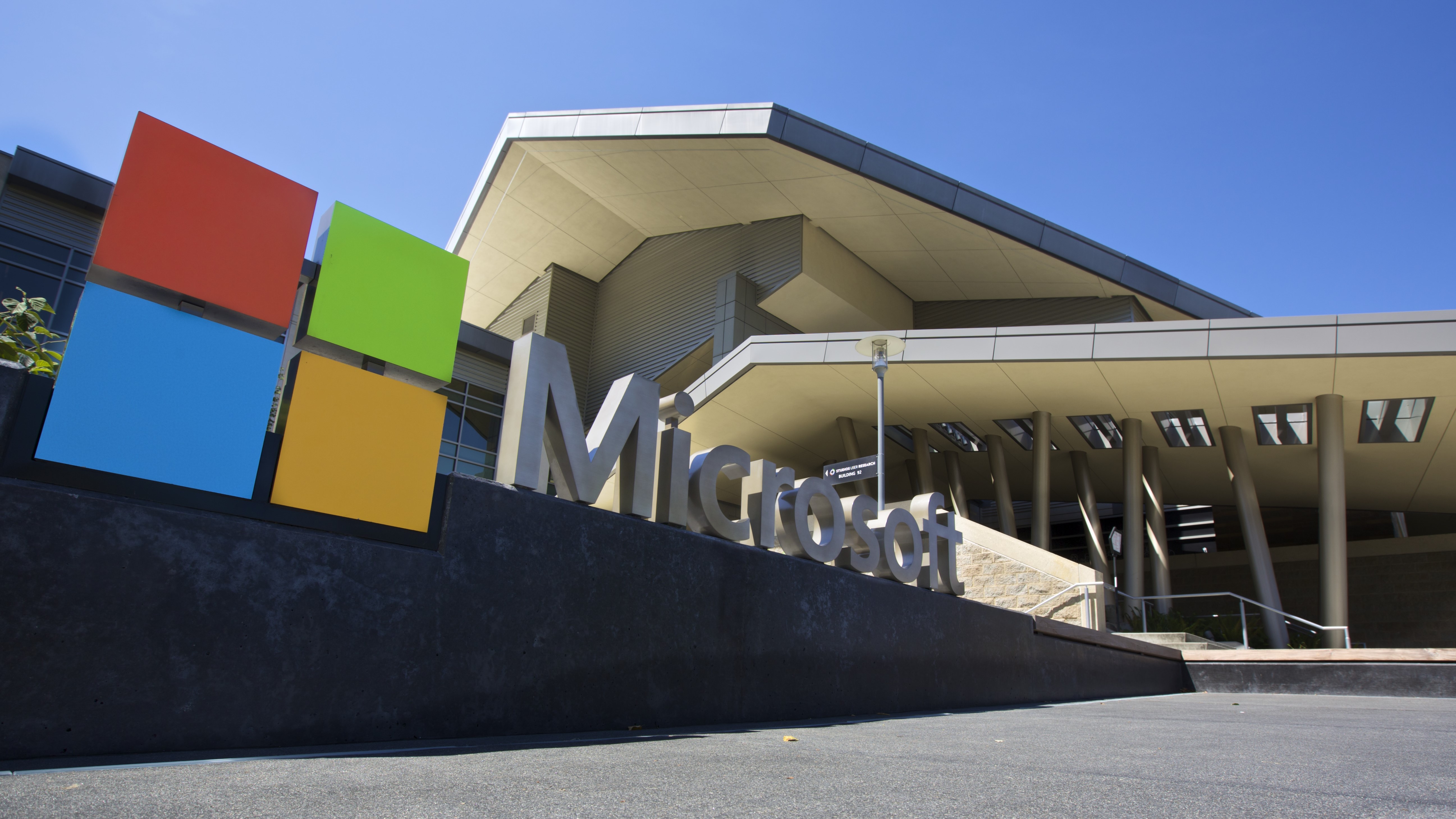Microsoft opens first African data centers
Cape Town and Johannesburg data centers are now live

Microsoft has opened its first African data centers in Cape Town and Johannesburg in an effort to provide South Africa with faster access to Azure Cloud.
The new data centers will be the software giant's first in the region following Huawei who recently made its cloud service available in Johannesburg.
This also marks one of the first times that Microsoft is ahead of AWS which doesn't plan to open its own data centers in South Africa until 2020.
The company had previously said that its new data centers would be online by the end of 2018. Microsoft missed its initial target and has not given a reason for the delay.
- Microsoft launches quantum computing network
- Microsoft joins OpenChain platform
- Microsoft preparing "Windows Lite" for dual-screen devices
African data centers
While Azure Cloud is now available in the region, Cape Town and Johannesburg residents still have to wait for the company's other cloud-based applications to be ready in the area.
Microsoft's Office 365 is expected to available by the third quarter of this year and Dynamics 365 is slated to release in the fourth quarter.
In a blog post announcing its new data centers, Azure's Corporate Vice President Tom Keane explained how the move will help facilitate digital transformation in the region, saying:
Are you a pro? Subscribe to our newsletter
Sign up to the TechRadar Pro newsletter to get all the top news, opinion, features and guidance your business needs to succeed!
“The launch of these regions marks a major milestone for Microsoft as we open our first enterprise-grade datacenters in Africa, becoming the first global provider to deliver cloud services from datacenters on the continent. The new regions provide the latest example of our ongoing investment to help enable digital transformation and advance technologies such as AI, cloud, and edge computing across Africa.”
In an age of increased data protection and regulation, having local data centers will help businesses trying to keep their data within the country's borders and other cloud providers will be more likely to follow in Microsoft's footsteps by opening their own facilities in the region.
- We've also highlighted the best cloud storage
After working with the TechRadar Pro team for the last several years, Anthony is now the security and networking editor at Tom’s Guide where he covers everything from data breaches and ransomware gangs to the best way to cover your whole home or business with Wi-Fi. When not writing, you can find him tinkering with PCs and game consoles, managing cables and upgrading his smart home.
